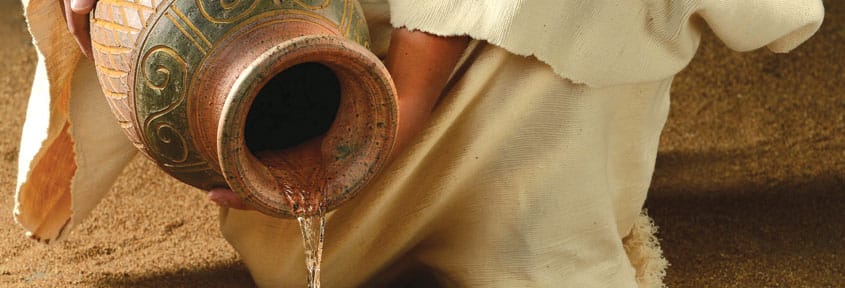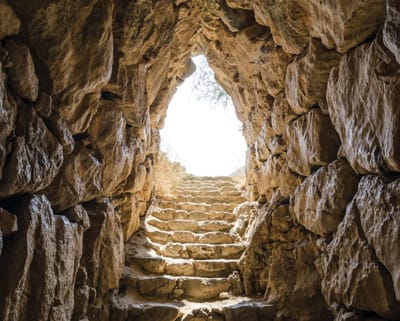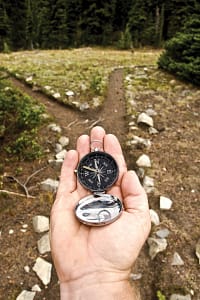Exploring the Book of Ya’aqov, Pt. 2
And if any of you lacks wisdom, let him ask from God—who is giving to all, generously and not denouncing—and it will be given to him; and let him ask in faith, doubting nothing. For he who is doubting has been like a wave of the sea, driven by wind and tossed about. For let not that man suppose that he will receive anything from the Master—a two-minded man is unstable in all his ways.
(יַעֲקֹב Ya’aqov 1:5-8, mjlt)
When we find ourselves facing difficult and trying times, it’s easy to lose our heads. The brain shuts off, the fear ramps up, and calm, rational decision-making is replaced by emotional, knee-jerk reactions to people and circumstances. Without even realizing it, we are consumed with every negative thought and event, oblivious to the storm inside our minds that we ourselves created through our own poor choices and wrong actions. Not only are we unable to find a way out, but we are past the point of remembering even to look for one. We’re stranded, lost, and hopeless—caught inside our own instability. Read more














